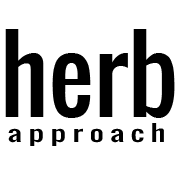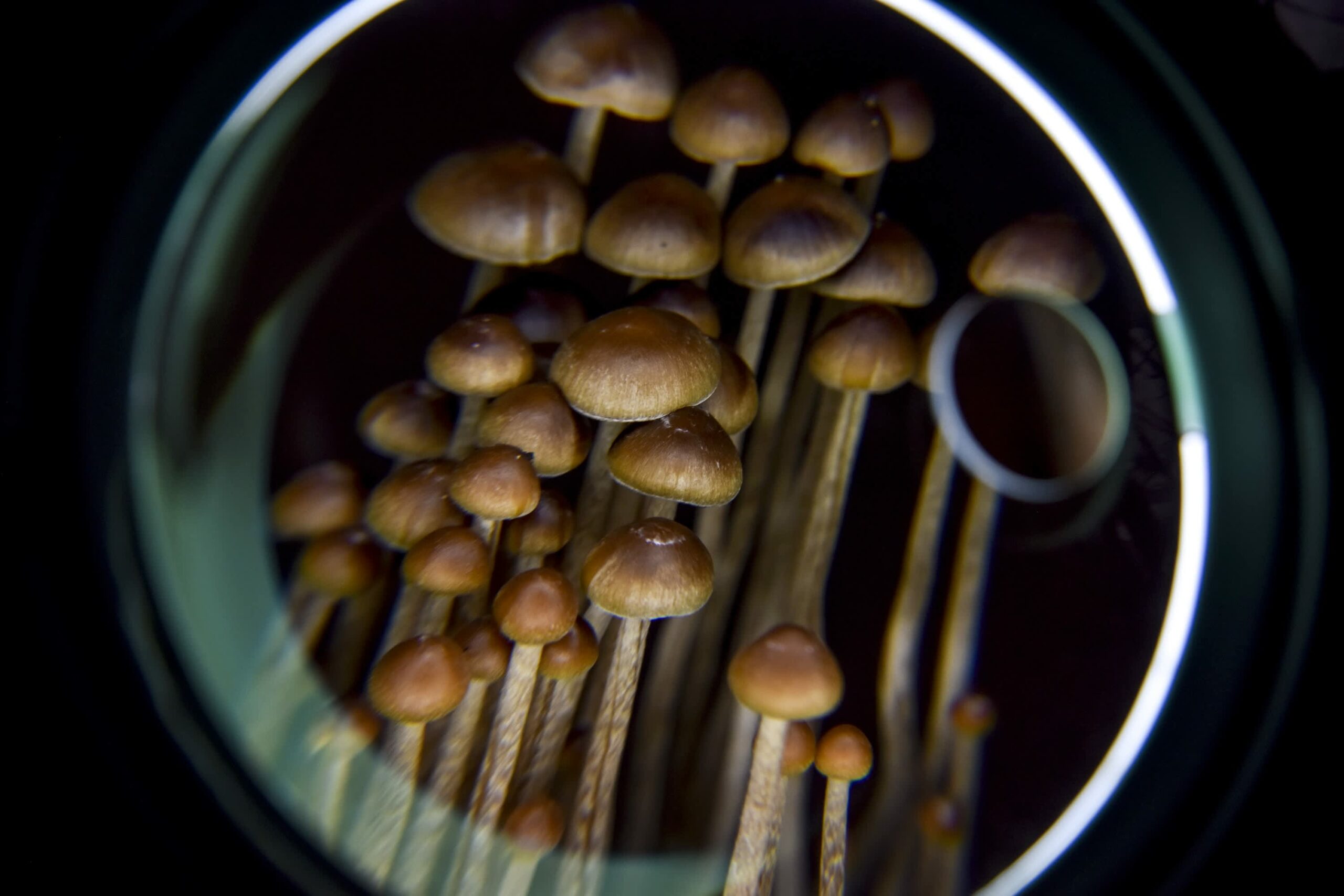Psilocybin, the active compound found in various species of psychedelic mushrooms. It has been gaining significant attention in recent years for its potential therapeutic benefits. Research findings suggest that psilocybin may help treat a wide range of mental health disorders, including depression, anxiety, PTSD, and more. In this comprehensive exploration, we dive into the fascinating world of psilocybin and its potential to rewire the brain. Bringing relief to those struggling with mental health challenges.
The Science Behind Psilocybin
Psilocybin is a naturally occurring psychedelic compound found in more than 200 species of mushrooms. When ingested, psilocybin is converted into psilocin. This is a substance with psychoactive properties that can induce profound alterations in perception, mood, and cognition. The effects of psilocybin are often mystical, spiritual, or deeply introspective experiences. Folliwng up, by vivid hallucinations and a heightened sense of connection to the world around us.
How Psilocybin Interacts with the Brain
Psilocybin and other classic psychedelics, such as LSD, interact with the brain’s serotonin receptors, specifically the 5-HT2A receptor. Serotonin is a neurotransmitter responsible for regulating various bodily functions, including sleep, appetite, sexual desire, and mood. In individuals with mental health disorders like depression, anxiety, and PTSD, serotonin levels are often found to be imbalanced.
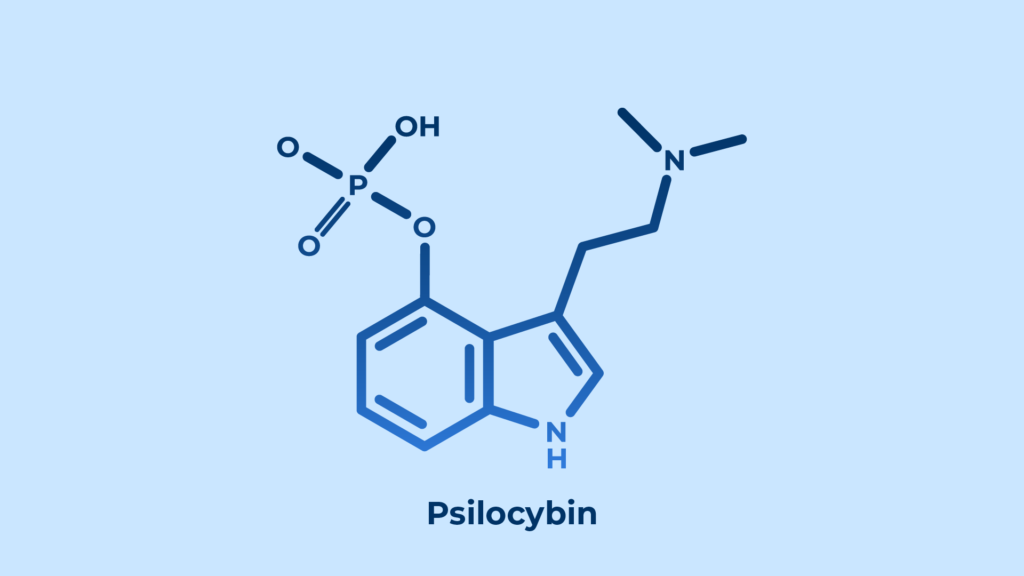
Traditional treatments for these conditions often involve the use of selective serotonin reuptake inhibitors (SSRIs), which work by increasing serotonin levels in the brain. However, the therapeutic effects of SSRIs can take weeks to manifest, and they may not be effective for everyone.
On the other hand, psilocybin and LSD have been shown to induce rapid and lasting changes in brain connectivity and neuronal function. This is due to their ability to increase the communication between different brain regions. Leading to enhanced neuroplasticity and the formation of new neural connections. This will help psilocybin help treat a wide range of mental health disorders.
Psilocybin as a Breakthrough Treatment for Mental Health Disorders
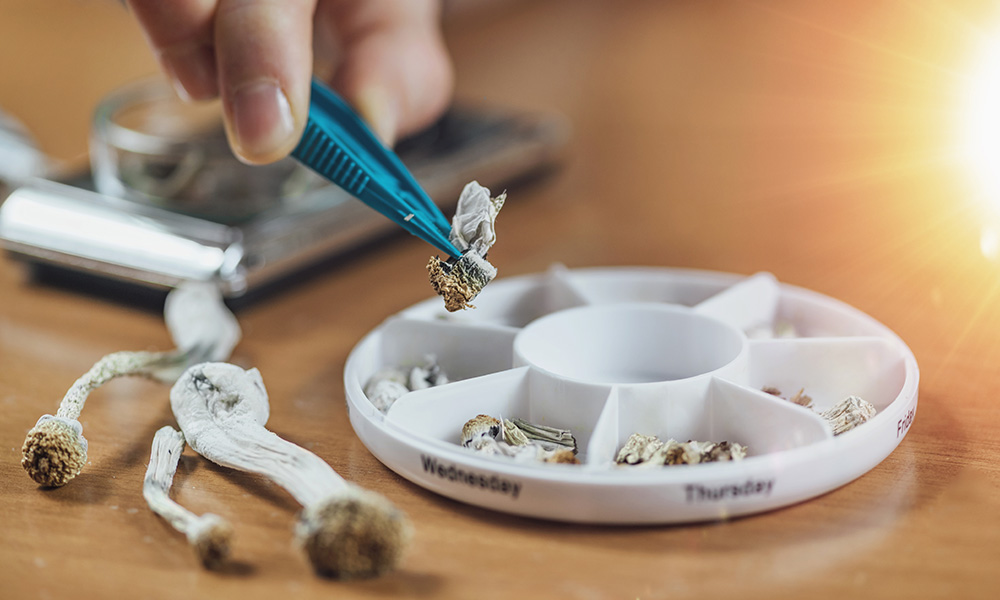
Major Depressive Disorder
Recent clinical trials have demonstrated that one or two doses of psilocybin, administered in a therapeutic setting. This can produce dramatic and long-lasting improvements in individuals suffering from treatment-resistant major depressive disorder. Following, the US Food and Drug Administration (FDA) has even designated psilocybin as a “breakthrough therapy” for this condition. Recognizing its potential to revolutionize the treatment landscape.
Anxiety, PTSD, and Other Conditions
Psilocybin is also being studied for its potential to alleviate other mental health disorders. Including anxiety, PTSD, cluster headaches, anorexia, obsessive-compulsive disorder, and substance abuse. The preliminary data from these studies are promising, indicating that psilocybin may indeed have broad applications in the field of mental health.
How Psilocybin Help Treat a Wide Range of Mental Health Disorders
The therapeutic effects of psilocybin can be attributed to its ability to induce a state of “altered consciousness.” By disrupting the normal patterns of communication between various brain regions. This results in a temporary breakdown of the boundaries between the auditory, visual, executive, and sense-of-self areas of the brain. This is to allow for increasing connectivity and the formation of new neural circuits.
In individuals with depression or anxiety, the rigid thought patterns and negative rumination that perpetuate their symptoms are disrupted by the psilocybin-induced altered state. This shift in perspective can help them see new possibilities for overcoming their challenges and enable them to develop more adaptive coping strategies.
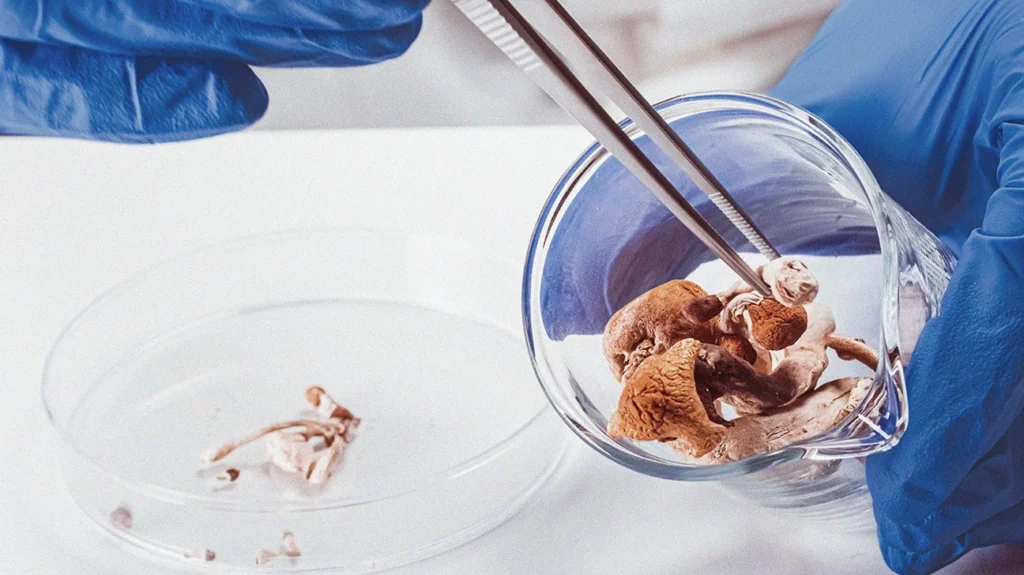
Microdosing: A Potential Solution for Ongoing Brain Health
Microdosing, the practice of taking small, sub-psychedelic doses of psilocybin mushrooms. This has gained popularity as a means of maintaining brain health and promoting creativity, focus, and emotional resilience. Renowned mycologist Paul Stamets is a strong advocate for microdosing and has developed a unique “stacking” protocol that combines psilocybin with other natural compounds, such as niacin and Lion’s mane mushroom, to enhance its benefits.
While scientific research on microdosing is still in its infancy, anecdotal reports from thousands of individuals suggest that the practice can yield significant improvements in mood, cognition, and overall well-being. However, more rigorous, double-blind studies need to verify these claims and determine the optimal dosing regimen and long-term safety of this approach.
Safety and Side Effects of Psychedelic Mushrooms
Although psilocybin has been shown to have considerable therapeutic potential. It is important to recognize that not all psychedelic experiences are positive. In clinical trials, trained therapists are present to provide support and guidance if a “bad trip” occurs. As well as, help participants integrate their experiences for maximum benefit.
Additionally, there are potential side effects with the use of psilocybin and other psychedelics, such as increased heart rate, blood pressure, and body temperature. Individuals with a history of bipolar disorder, schizophrenia, or a family history of psychosis may not be suitable candidates for psychedelic therapy, as the compounds could exacerbate their symptoms or trigger a psychotic episode.
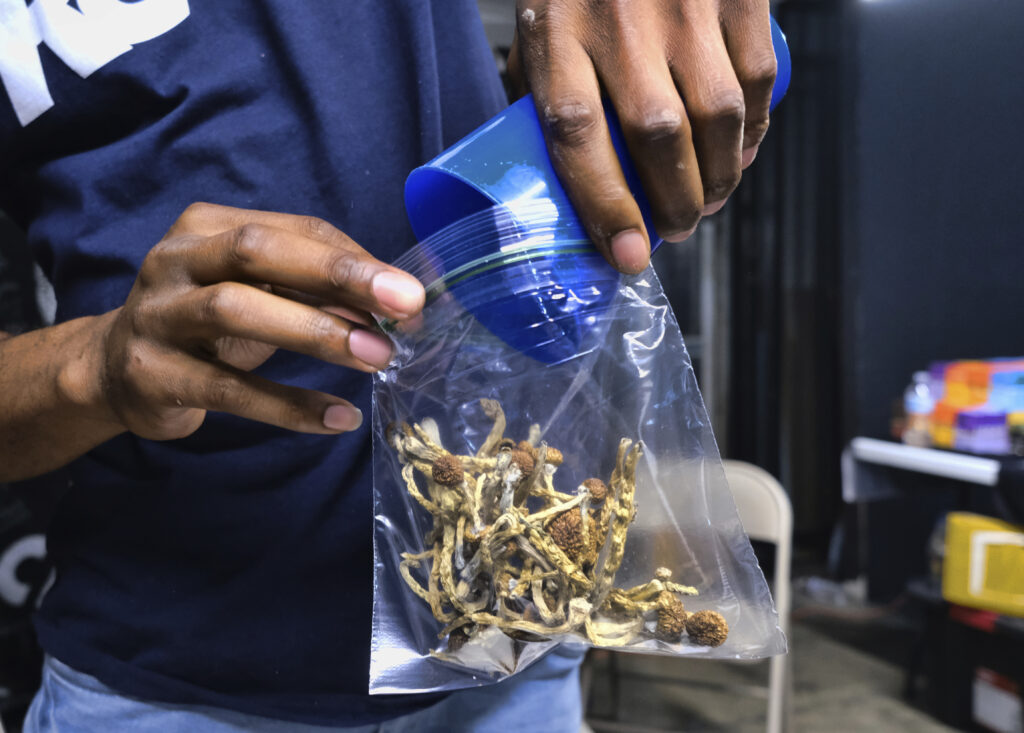
The Future of Psilocybin and Mental Health Treatment
As research into the therapeutic potential of psilocybin and other psychedelics continues to advance. There is hope that these compounds could transform the way we treat mental health disorders. Scientists are also working to develop new medications that can harness the benefits of psychedelics without inducing the characteristic “trip.” Thus, potentially making these treatments accessible to a broader range of individuals.
In conclusion, the growing body of evidence supporting the use of psilocybin for mental health disorders is both exciting and promising. As we continue to explore the potential of this powerful natural compound. We may unlock new possibilities for healing and personal growth, helping countless individuals overcome their mental health challenges and live happier, more fulfilling lives.
